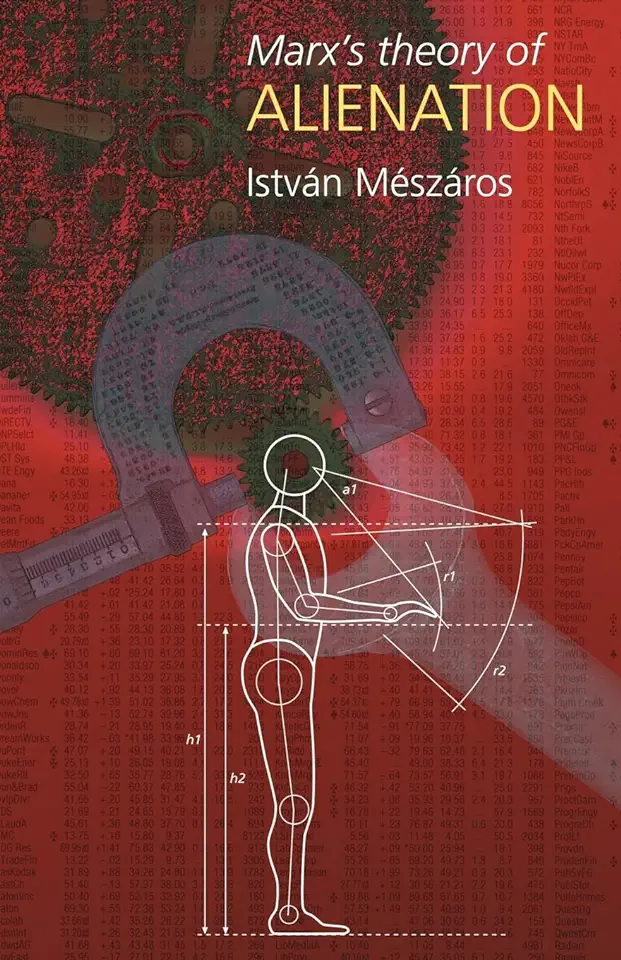
Marx's Theory of Alienation - Istvan Meszaros
Marx's Theory of Alienation: A Comprehensive Summary
Introduction
In his seminal work, "Marx's Theory of Alienation," István Mészáros presents a comprehensive analysis of Marx's concept of alienation and its profound implications for understanding human existence and social transformation. Mészáros argues that alienation is not merely a philosophical abstraction but a concrete reality deeply embedded in the capitalist mode of production. Through a rigorous examination of Marx's writings, Mészáros unveils the multifaceted nature of alienation and its far-reaching consequences for individuals, society, and the environment.
Alienation as a Product of Capitalism
Mészáros contends that alienation is inherent in the capitalist system, arising from the fundamental contradiction between the social character of production and the private appropriation of its fruits. Under capitalism, workers are alienated from their labor, the products of their labor, their fellow workers, their own humanity, and nature itself. This alienation manifests in various forms, including:
Alienation from Labor: Workers are separated from the creative process, becoming mere appendages to machines, devoid of control over their work and its outcomes.
Alienation from the Products of Labor: Workers do not own or control the products of their labor, which become commodities to be bought and sold for profit, further distancing workers from the fruits of their efforts.
Alienation from Fellow Workers: Competition and the division of labor create barriers between workers, fostering individualism and undermining collective solidarity.
Alienation from Human Nature: Capitalism suppresses workers' creative potential and holistic development, reducing them to one-dimensional beings defined solely by their labor power.
Alienation from Nature: The capitalist drive for profit leads to the exploitation and degradation of the natural environment, disrupting the delicate balance between humans and the ecosystems they inhabit.
The Dehumanizing Effects of Alienation
Mészáros emphasizes the profound dehumanizing effects of alienation, arguing that it undermines human dignity, autonomy, and fulfillment. Alienated individuals experience a sense of estrangement from themselves, their work, and the world around them. This alienation breeds feelings of powerlessness, isolation, and anxiety, contributing to various social problems, including mental health issues, substance abuse, and social unrest.
Overcoming Alienation: The Path to Human Emancipation
Mészáros asserts that overcoming alienation is central to achieving human emancipation and creating a more just and humane society. He argues that this can only be achieved through a radical transformation of the capitalist system, replacing it with a socialist society based on common ownership and democratic control of the means of production. In such a society, individuals can reclaim their labor, reconnect with their fellow workers and nature, and fully realize their human potential.
Conclusion
"Marx's Theory of Alienation" is a profound and insightful exploration of one of the most fundamental concepts in Marx's思想. Mészáros' comprehensive analysis provides a compelling critique of capitalism and its dehumanizing effects, while also offering a vision of a more liberated and fulfilling future. This book is essential reading for anyone seeking to understand the root causes of social injustice and the path towards a more humane and sustainable world.
Enjoyed the summary? Discover all the details and take your reading to the next level — [click here to view the book on Amazon!]